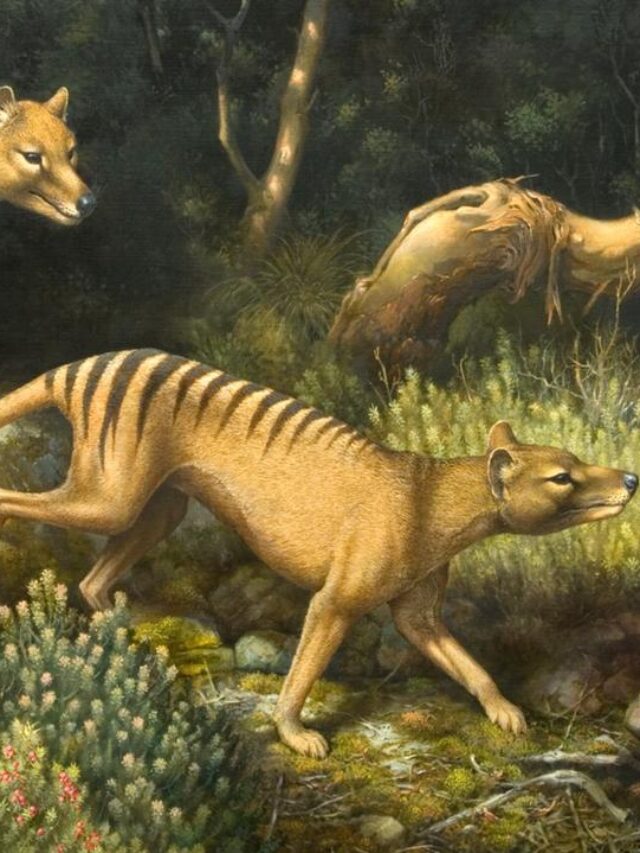Learn about the intriguing dietary habits of chimpanzees. Do chimpanzees eat meat? Discover the answer to this question and more in this comprehensive article.
Introduction
Chimpanzees, our closest relatives in the animal kingdom, have always been a subject of fascination for scientists and nature enthusiasts. Their behaviors, including their dietary preferences, have long intrigued researchers. In this article, we delve into the topic of whether chimpanzees eat meat. But we won’t stop there; we’ll explore various aspects of their diet, offer insights based on firsthand knowledge and credible sources, and address common questions about these amazing creatures.
Do Chimpanzees Eat Meat?
Chimpanzees are primarily herbivores, but their diet is not limited to plant-based foods. They occasionally consume meat, which sets them apart from other great apes. Here, we will take a closer look at their dietary habits.
The Omnivorous Nature of Chimpanzees
Chimpanzees are often described as omnivorous, meaning they have a diet that includes both plant and animal matter. Their diet primarily consists of fruits, leaves, stems, and seeds. However, they are known to actively hunt for insects and small animals.
Plant-Based Foods
Chimpanzees primarily feed on a wide variety of plant-based foods. These include fruits such as figs, berries, and leaves. Their plant-based diet is essential for their survival and provides the majority of their daily caloric intake.
Insectivorous Habits
One of the most intriguing aspects of chimpanzee behavior is their skill in hunting and capturing insects. They use tools like sticks to extract termites from mounds and demonstrate a high level of intelligence in this process.
Meat Consumption
Chimpanzees also consume meat, although it’s not a predominant part of their diet. This meat typically comes from smaller mammals, such as monkeys, and is more common in certain chimpanzee populations than in others.
Credit: BBC Earth
Factors Influencing Meat Consumption
The decision to consume meat varies among chimpanzee communities and is influenced by several factors.
Location and Availability
The availability of meat in their habitat significantly influences chimpanzees’ meat consumption. Those in areas with more accessible prey are more likely to include meat in their diet.
Social Learning
Chimpanzees often learn behaviors from their social groups. In some communities, the practice of hunting and consuming meat is more common due to learned behaviors.
Nutritional Benefits
Meat provides essential nutrients that may not be as readily available in plant-based foods. Some chimpanzee populations consume meat to supplement their diet with these nutrients.
13 Interesting facts about chimpanzees
Here are some interesting facts about chimpanzees:
- Close Relatives: Chimpanzees are our closest living relatives in the animal kingdom, sharing about 98% of our DNA.
- Apes, not Monkeys: Chimpanzees are not monkeys; they are great apes. They are more closely related to humans than to monkeys.
- Social Animals: Chimpanzees are highly social animals, living in communities that can range in size from a few individuals to over 100 members. They have complex social structures and engage in cooperative behaviors like hunting and grooming.
- Tool Users: Chimpanzees are known for their ability to use tools. They use sticks, leaves, and even rocks for various purposes, such as foraging for insects, cracking nuts, and fishing for termites.
- Communication: They have a complex system of communication that includes vocalizations, gestures, and facial expressions. They can convey information, emotions, and intentions through these means.
- Habitat: Chimpanzees are native to the forests and woodlands of central and West Africa.
- Diet: Their diet is omnivorous, consisting of fruit, leaves, insects, and occasionally, small mammals. They have been observed using different techniques to obtain food, such as leaf sponges to drink water.
- Endangered Species: Chimpanzees are listed as endangered due to habitat loss, poaching, and diseases. Conservation efforts are in place to protect their populations.
- Chimpanzee Wars: In some chimp communities, territorial disputes can escalate into violent conflicts known as “chimp wars.” These battles can result in injuries and even death.
- Chimpanzee Intelligence: They are known for their high levels of intelligence. They can solve complex problems, demonstrate self-awareness, and learn from each other through imitation.
- Matriarchal Societies: Chimp societies are often led by dominant females who maintain order within the group and make important decisions.
- Life Span: Chimpanzees in the wild have an average lifespan of around 40 to 45 years, while those in captivity can live into their 50s or even longer.
- Genetic Diversity: There are two main species of chimpanzees: the common chimpanzee (Pan troglodytes) and the bonobo (Pan paniscus), each with distinct behaviors and physical characteristics.
Chimpanzees are fascinating creatures with a rich array of behaviors and characteristics, making them a subject of great interest to researchers and conservationists.
Species of Chimpanzees
Here’s a table providing information about the two main species of chimpanzees, their average ages in the wild, and their geographic origin:
| Chimpanzee Species | Average Lifespan (in the Wild) | Geographic Origin | Countries of Habitat |
|---|---|---|---|
| Common Chimpanzee | 40 to 45 years | Central and West Africa | Numerous countries in Africa, including but not limited to Cameroon, Democratic Republic of Congo, Uganda, Tanzania, and more. |
| Bonobo (Pygmy Chimpanzee) | 40 to 45 years | Democratic Republic of Congo (DRC) | Primarily found in the DRC, particularly in the Congo River Basin. |
Please note that these are average lifespans in the wild and can vary based on various factors, including environmental conditions and human impact.
FAQs About Chimpanzee Diet
Q: Are all chimpanzees meat-eaters?
Chimpanzee populations vary in their meat-eating habits. While some consume meat regularly, others rely more on plant-based foods.
Q: Do chimpanzees hunt cooperatively?
Yes, some chimpanzee communities engage in cooperative hunting, where they work together to capture larger prey.
Q: Is meat consumption harmful to chimpanzee populations?
When practiced in moderation, meat consumption can provide additional nutrients, but overhunting may have negative effects on prey populations.
Q: How do chimpanzees hunt for meat?
Chimpanzees use tools like sticks to capture insects and occasionally collaborate to hunt larger animals.
Q: Are there any health risks associated with meat consumption for chimpanzees?
Excessive meat consumption can lead to certain health issues, similar to how it can affect humans when consumed in excess.
Q: Can chimpanzees survive without eating meat?
Chimpanzees can survive without meat, primarily relying on their plant-based diet. Meat consumption is more of an occasional behavior.
Conclusion
In conclusion, the dietary habits of chimpanzees are indeed fascinating. While they are primarily herbivores, their omnivorous nature sets them apart in the animal kingdom. They consume a variety of plant-based foods, insects, and, on occasion, meat. The decision to eat meat is influenced by factors like location, social learning, and nutritional benefits.
Chimpanzees’ dietary habits are a testament to their adaptability and resourcefulness, highlighting their close genetic relationship with humans. It’s a reminder of the complex and diverse world of our fellow primates.
So, if you’ve ever wondered, “Do chimpanzees eat meat?” – the answer is a nuanced one. They do, but it’s just one part of their remarkable diet.
Don’t forget to hit the like button if you found this article informative!















